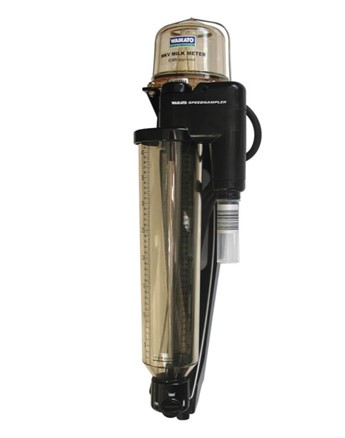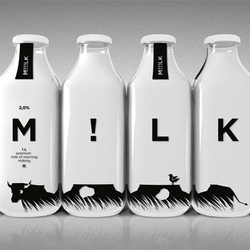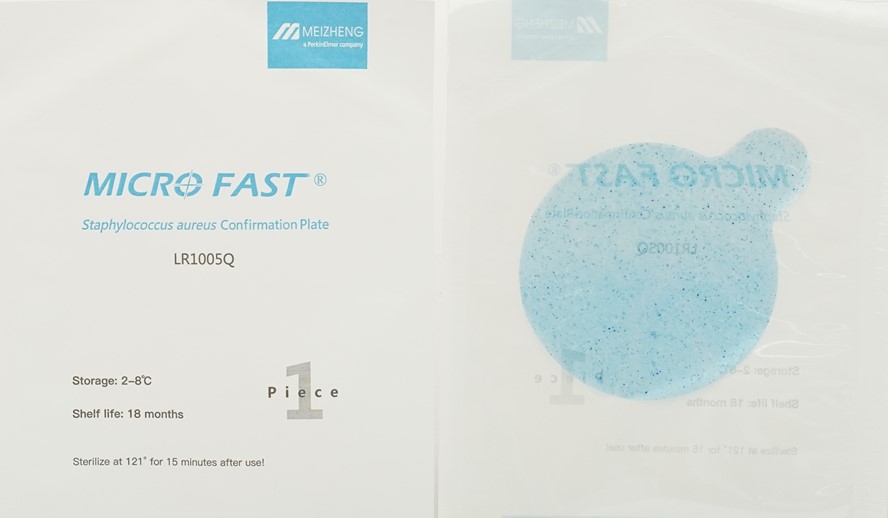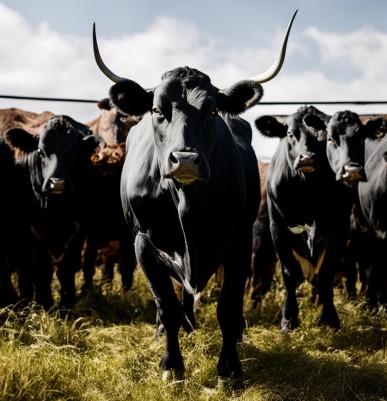The Foreign Ministry imposed sanctions against British journalists and commanders of the Air Force
The Russian Foreign Ministry has included in the sanctions list of journalists from the British media, including the BBC and Sky News, as well as commanders of the types of troops of the armed forces of Britain, according to the website of the department.
“A decision has been made to include heads and correspondents of a number of major British media, as well as representatives of the command of the armed forces, the military-industrial complex and the UK defense lobby, into the Russian “stop list,” the Foreign Ministry said. The department emphasized that the measure is connected "with the anti-Russian actions of the British government to impose personal sanctions against leading journalists of our country and heads of companies in the domestic defense complex."
Russia has imposed sanctions against Boris Johnson and Theresa May Politics
Those on the list are prohibited from entering Russia. Among them are Deputy Secretary of Defense Jeremy Mark Quinn (Secretary of Defense Ben Wallace himself was sanctioned earlier) and Parliamentary Deputy Minister Leo Dockerty, Commander of the British Navy Benjamin John Key, Commander of the Air Force Michael Wigston, Commander of Joint Operations of the Armed Forces Charles Richard Stickland, chairmen of the Board of Directors of the Defense BAE Systems and the Thales UK industrial group, Roger Martin Kahr and Alexander Colin Creswell, and four members of the House of Commons.
The sanctions list also includes the heads of the largest British media: BBC CEO Timothy Douglas Davey and Chairman of the Board of Governors of the television company Richard Sharp, editors-in-chief of The Times, Daily Telegraph, Daily Mail, Guardian, Independent, as well as journalists of these and other publications.
Great Britain imposed sanctions against Konashenkov, Chupriyan and Kalashnikov Politics
The Ministry of Foreign Affairs explained the introduction of restrictions against journalists by “deliberate dissemination of false and one-sided information about Russia and events in Ukraine and Donbass,” and against persons associated with the defense complex, by their participation in the supply of weapons to Ukraine.
Read on RBC Pro Pro Tomorrow may no longer work:3 steps to meaningful import substitution of software Instructions Pro Russian consultants separated from global offices:what it gives them Articles Pro Meditation changes the brain.Is it so Research Pro Accounting: what documents to print,and what not to waste paper Instructions Pro Four useful practices,that will help you cope with stress Instructions Pro The price of PhosAgro products is at a historical peak.What to expect from the shares of the giant Articles Pro Russia is waiting for galloping inflation.How dangerous it is for business Articles Pro When an IT specialist can be replaced by a software robot and save money ArticlesIn April, the Foreign Office imposed sanctions on British Prime Minister Boris Johnson, former Prime Minister Theresa May, Foreign Secretary Elizabeth Truss, and the Ministers of Transport, Home Affairs, Finance, Energy and Culture.
Britain imposed sanctions against Russian journalists in the spring. RT editor-in-chief Margarita Simonyan, TV presenters Vladimir Solovyov, Olga Skabeeva, Naila Asker-Zade and others were subject to restrictions.



























































